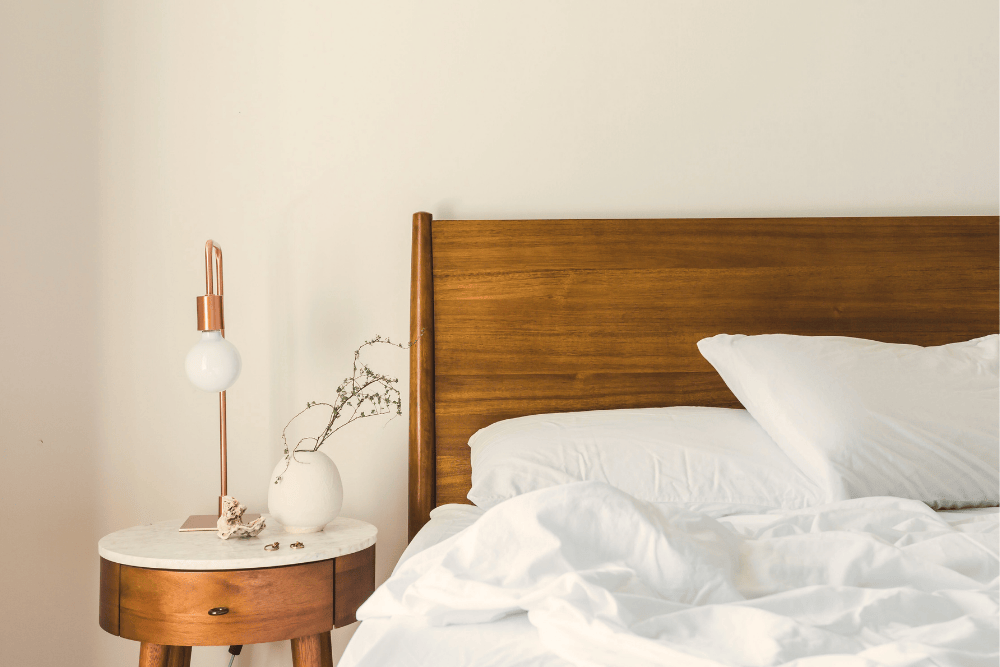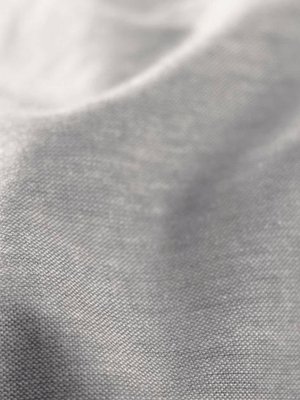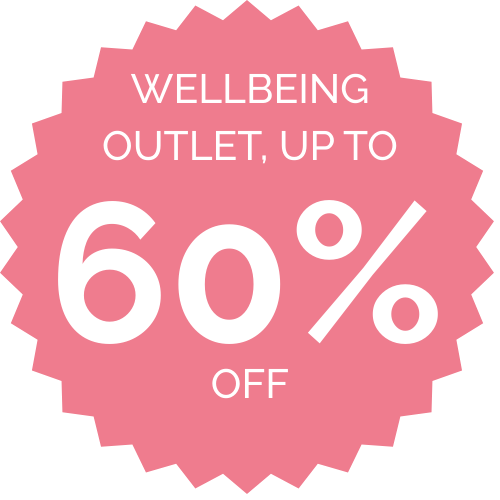Sleep safe and sound: 5 toxins you'll avoid with organic bedding

Your sleeping area should be a sanctuary, a place to relax and rejuvenate. The last thing you want is to fill it with harmful toxins. Given that we spend approximately one-third of our lives in bed, choosing bedding that creates a safe and healthy sleeping environment is essential. In this blog we'll explore commonly found toxins in bedding, ranging from mildly irritating to the downright dangerous, and learn how to avoid them. From the pesticides sprayed on cotton during its growth to the toxic chemicals used in transforming raw cotton fibres into smooth, silky sheets, not to mention the plastic-based synthetic fibres and fillings in your duvets and pillows. There's a lot in your bedroom that could disrupt your sleep and harm your health. The processes of bleaching, washing with detergents, and using optical brighteners, solvents, stabilizers, biocides, dyes, and coatings are all things you want to avoid.
The good news is, that by opting for organic cotton bedding, you'll steer clear of all those concerns and instead you'll be snuggling up to sleep on soft, sustainable bedding for a relaxing night's sleep.

5 irritating toxins you can avoid by choosing organic
Formaldehyde
Often used to minimise wrinkles in sheets, formaldehyde is commonly found in bedding labeled ‘easy iron’ or ‘wrinkle free.’ It is known to cause skin irritation and exacerbate respiratory issues like asthma. Coatings containing formaldehyde can lead to wheezing, shortness of breath, and irritation to the eyes, nose, throat, and skin, potentially resulting in contact dermatitis.
Chlorine Bleach
Bedding manufacturers often use chlorine bleach to achieve a bright white colour that's associated with freshness, but it is a known skin irritant. Direct contact, especially when sweating during sleep, can lead to irritation and discomfort, particularly for those with sensitive skin or conditions like eczema and psoriasis. Additionally, bleach fumes can irritate your respiratory system, especially in the a small space, like a bedroom.
If you're looking for pure white sheets, instead consider eco-bleached fabrics instead, such as our organic cotton percale bed linen. Eco bleach is a non-toxic, environmentally friendly alternative to chlorine bleach. It is made from hydrogen peroxide and sodium carbonate and during the bleaching process breaks down into harmless, biodegradable substances like water and oxygen during the bleaching process.
Pesticides
Cotton is one of the most heavily sprayed crops in the world, and the synthetic pesticides used in non-organic farming damage ecosystems and poison waterways, as well as being dangerous to workers who can’t afford safety equipment to protect themselves. What does this mean for our health? The residues left on cotton can still be present in your bed linen, adding to the toxic load in your life, with pesticide exposure linked to a range of health issues from headaches and fatigue through to more serious complaints.
Organic farming prohibits the use of synthetic pesticides, instead relying on natural methods to grow organic cotton. Choosing organic cotton for your bedding avoids pesticide residues, great for your skin and great for the environment too.
PFAs
Perfluoroalkyls and polyfluoroalkyls, more commonly know as PFAs are getting a lot of bad press right now - and rightly so. These ‘forever chemicals’ are virtually indesctuctible and do not break down in the environment. Long term and continual exposure to PFAs have been linked to a numerous health problems, including endocrine disruption (inteferrring with our hormones), diabetes, reproductive issues and some cancers. As PFAs are now everywhere, it’s impossible to label anything as completely PFA free, but choosing certified organic bedding, where PFAs have never been permitted, significantly lowers your risk of exposure.
Dodgy Dyes
Thankfully, many toxic dyes including some azo dyes and dyes containing heavy metals that are known carcinogens have been banned within the EU, but in spite of these regulations there’s an absence of comprehensive screening and laws, meaning that toxic dyes can still be contaminating your bedding, leading to skin inflammation and exacerbating allergies. The best way to be sure your coloured bed linen is safe to sleep on is looking for GOTS certification, which ensures that any dyes used have been tested to ensure they meet strict criteria to ensure they’re not damaging to your health or the environment, such as our tawny everyday bed linen.

So now you know what to avoid, but what should you look for instead?
Opting for GOTS-certified organic cotton bed linen is the best way to ensure your bedding is free from the unwanted toxins and chemicals. It’s worth noting that currently, there is little regulation regarding the term ‘organic’ for non-food items like bedding. While bedding may be labelled as 'organic' or 'made from organic cotton', without independent verification, the sheets could still undergo processing that involves harmful substances and toxins you want to avoid.
Creating a toxin-free sleeping environment shouldn't be a luxury—it's essential for your health and wellbeing and getting a restorative night's sleep. Switching over to organic for bedding both benefits your health and also supports sustainable and environmentally friendly practices, providing you with peace of mind that your bed is a safe haven, free from irritants and chemicals, and ready to help you sleep better.


























